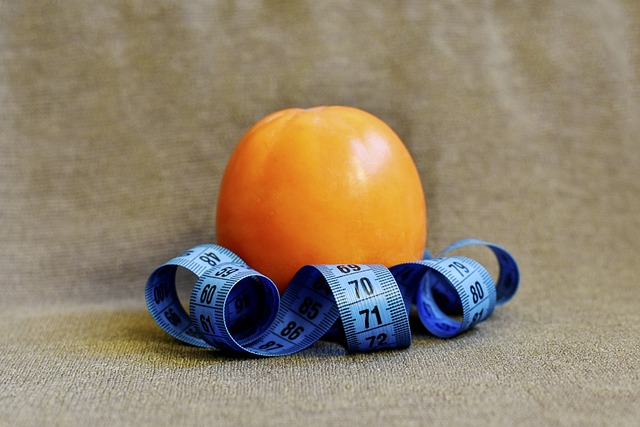Introduction
Lemon water has gained popularity as a potential weight loss aid, thanks to its claimed metabolism-boosting and detoxifying properties. While it can be a part of a healthy lifestyle, it’s important to understand its role in weight loss and how to incorporate it effectively. In this step-by-step guide, we’ll explore whether drinking lemon water can help you lose weight and provide practical insights on how to do so.
Understand the Benefits of Lemon Water
Lemon water offers several potential benefits for weight management:
- Rich in Vitamin C: Lemons are a good source of vitamin C, an antioxidant that supports the immune system and can aid in weight loss efforts.
- Hydration: Staying properly hydrated is essential for overall health and can support your weight loss goals.
- Low in Calories: Lemon water is low in calories, making it a healthy alternative to sugary beverages.
- Alkalizing Effect: While lemons themselves are acidic, they have an alkalizing effect on the body when metabolized. Some proponents suggest this may support weight loss.
Start with Fresh Lemons and Clean Water
For the best results, use fresh lemons and clean, filtered water. Avoid using bottled lemon juice or pre-made lemon water, as they may contain added sugars or preservatives that can counteract the potential benefits.
Prepare Lemon Water Properly
To make lemon water, follow these steps:
- Slice or Squeeze Lemons: Cut a fresh lemon into slices or squeeze the juice into a glass. Start with half a lemon and adjust to your taste preferences.
- Add Water: Pour room temperature or warm water over the lemon slices or juice. Avoid using boiling water, as it can destroy some of the beneficial compounds in lemon.
- Let It Infuse: Allow the lemon to infuse into the water for a few minutes to maximize flavor and nutrient extraction.
Drink It at the Right Time
While there’s no specific time that is proven to be most effective for drinking lemon water, some people prefer it in the morning on an empty stomach. This can help kickstart your metabolism and provide a burst of hydration after a night’s sleep.
Avoid Overconsumption
While lemon water can be a healthy addition to your routine, it’s important to avoid excessive consumption. Drinking too much lemon water, especially with highly acidic lemon juice, can potentially lead to dental erosion or stomach upset. Moderation is key.
Use Lemon Water as Part of a Balanced Diet
Drinking lemon water alone is unlikely to lead to significant weight loss. It should be viewed as a supportive component of a balanced diet and overall healthy lifestyle. Focus on incorporating a variety of nutrient-rich foods, staying active, and getting enough sleep.
Combine with a Balanced Exercise Routine
Pairing lemon water with regular exercise can enhance its potential benefits for weight loss. Engage in a combination of cardiovascular exercises and strength training to maximize calorie burning and muscle preservation.
Monitor Your Progress
Keep track of your weight loss progress over time. Use a combination of measurements, including weight, body composition, and how your clothes fit, to assess changes. This allows you to gauge the effectiveness of your overall weight loss efforts, including the inclusion of lemon water.
Conclusion
Drinking lemon water can be a refreshing and healthful addition to your routine, and it may provide some support for your weight loss goals. However, it’s important to approach it as part of a comprehensive, balanced approach to health and weight management. By understanding its potential benefits, preparing it properly, drinking it at an appropriate time, avoiding overconsumption, and incorporating it into a balanced diet and exercise routine, you can maximize its positive effects on your weight loss journey. Remember, individual results may vary, so it’s important to listen to your body and make adjustments as needed.





